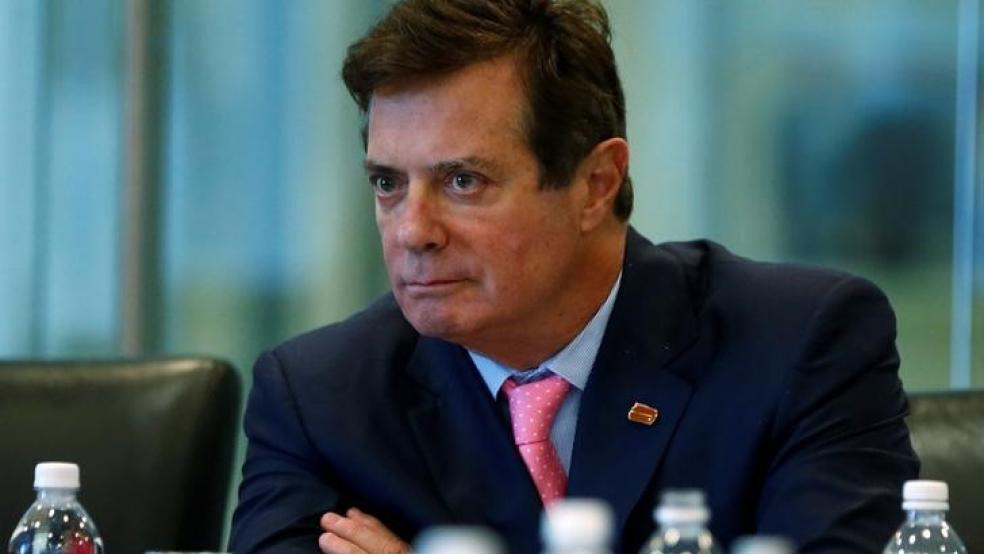RUSSIATrump and Russian President Vladimir Putin have often praised each other. Last December, Putin described the New York businessman as "a very flamboyant man, very talented." Trump, who lauded Putin in return, also spoke well of him in September, saying at a televised forum with Democratic presidential nominee Hillary Clinton that Putin had been a better leader than Democratic U.S. President Barack Obama.MEXICOSome of the strongest criticism of Trump from abroad has come from Mexican officials because of his verbal attacks on illegal Mexican immigrants and his promise to build a wall on the southern border and make Mexico pay for it. Following talks in Mexico City between Trump and Enrique Pena Nieto, the Mexican president said the American's policy stances "could represent a huge threat to Mexico, and I am not prepared to keep my arms crossed and do nothing." Earlier this year, he likened Trump to dictators Adolf Hitler and Benito Mussolini.CHINAIn April, Chinese Finance Minister Lou Jiwei called Trump "an irrational type" because of the candidate's proposal that tariffs on imported Chinese goods be increased to up to 45 percent. "If he were to do this, that would be in violation of the rules set by the World Trade Organization," Lou said in an interview with the Wall Street Journal.BRITAINThen-British Prime Minister David Cameron in May called Trump's initial proposal for a temporary ban on Muslim's entering the United States "very dangerous." In December, Cameron had called Trump, potentially the leader of Britain's closest ally, "divisive, stupid and wrong" for calling for the ban. Nigel Farage, a politician who played a key role in the successful campaign to get Britain out of the European Union, lent his support to Trump in August, appearing with the candidate at a rally in Jackson, Mississippi. Farage said Trump represented the same type of anti-establishment movement that he had masterminded in his own country.London's first Muslim mayor, Sadiq Khan, said in May that Trump had an "ignorant view of Islam," referring to Trump's initial proposed ban on Muslims. {nL2N18709R] In September, during his first U.S. visit, Khan expressed support for Clinton.FRANCEFrench President Francois Hollande said in August that a Trump victory could make politics more conservative around the world and that the New York businessman made people "feel nauseous." A Trump win could also affect France's spring 2017 presidential election, said Hollande.GERMANYGermany's European affairs minister, Michael Roth, said in August that Trump's assertion that Chancellor Angela Merkel's open-door refugee policy had resulted in a huge increase in crime was incorrect. Roth said it was important to correct campaign statements in other countries that were based on "fears, lies and half-truths," given the importance of the U.S. election for the world.In April, the German foreign minister, Frank-Walter Steinmeier, criticized Trump's "America First" policy, which the candidate had unveiled in a speech that week. Steinmeier said world security could no longer be ensured unilaterally and that international conflicts could only be solved nowadays if heavyweights like the United States and Russia and others joined forces.JAPANThe "America First" stance - which included a portrayal by Trump of longtime ally Japan as a free rider on security - also came in for a veiled swipe from Japan's ambassador to the United States, Kenichiro Sasae, in May. Without mentioning Trump by name, Sasae said he did not want to see an isolationist United States. "I want to see the United States to be strong and come with a strong robust position, not really thinking of the United States only," he said.UNITED NATIONSU.N. High Commissioner for Human Rights Zeid Ra'ad al Hussein said on Wednesday that the world would be in danger if Trump became president. He cited Trump's views on vulnerable communities, including minorities, and his talk of authorizing torture in interrogations, banned under international law, as "deeply unsettling and disturbing." (Compiled by Jonathan Oatis in New York; Editing by Peter Cooney)
Factbox: Foreign leaders' criticism, praise of U.S. Republican candidate Trump

Rick Wilking



